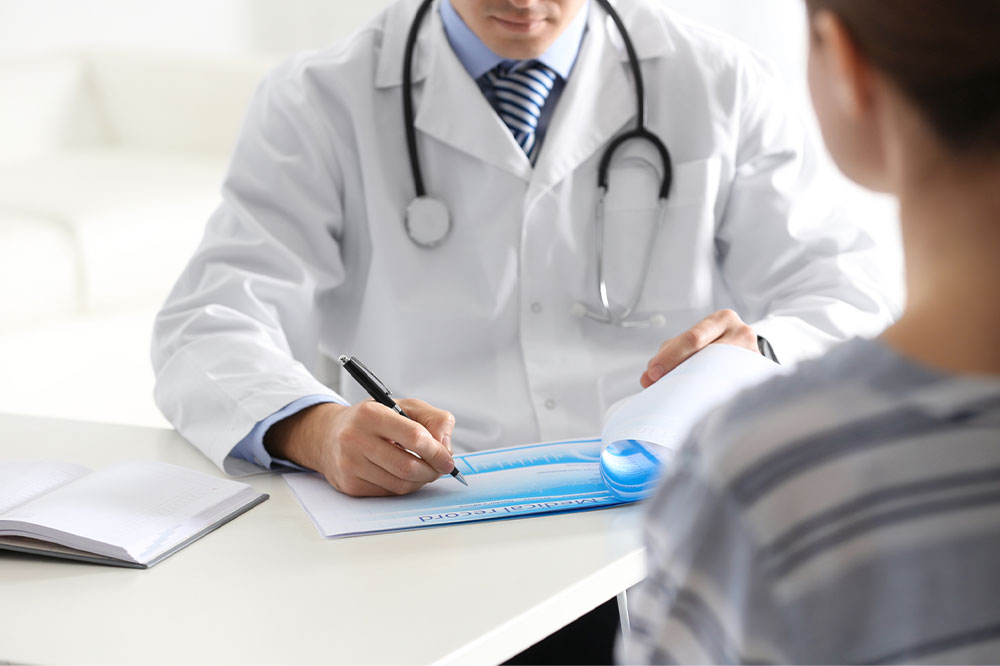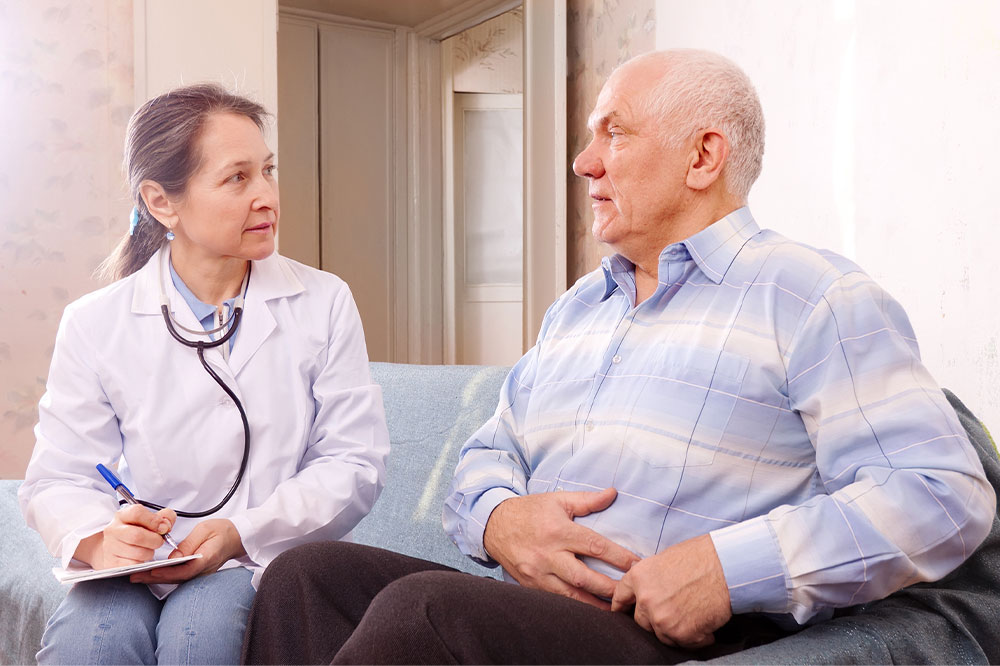Top common and unusual signs of depression

Depression is a common mental health disorder that can have a significant impact on daily life. The causes of the illness may vary, from genetic factors and hormonal imbalances to trauma, stress, illness, or nutrient deficiencies. Fortunately, depression is a condition that can be managed with therapies and lifestyle changes. While some signs of the disorder are obvious and well-known, one may experience unusual symptoms that may not be directly associated with the condition.
Common signs
Some common symptoms of depression are:
Persistent feelings of sadness or hopelessness: One of the foremost signs of this mood disorder is a feeling of sadness or hopelessness that does not seem to go away. People with depression may feel empty or numb and may have difficulty experiencing positive emotions like joy or pleasure.
Loss of interest in activities: People with this mental health condition may feel a sudden loss of interest in activities that they previously were involved in or enjoyed. This may include hobbies, work, or social activities. One may also withdraw from friends and family as a result of this symptom.
Changes in appetite: Depression can cause changes in the appetite and, as a consequence, changes in body mass. People with the condition may not feel like eating at all or may overeat and experience issues with their bodies.
Changes in sleep patterns: Depression can also cause a significant disruption in the sleep cycle. People with the condition may find it difficult to fall asleep or may sleep more than usual.
Fatigue or loss of energy: The mood disorder can cause fatigue, making one lose energy without any significant lifestyle changes or excessive physical activity. Even simple tasks can feel exhausting, and one may struggle to find the motivation to get out of bed or complete daily tasks.
Difficulty concentrating and making decisions: People with depression may find it difficult to concentrate or finish tasks at hand. They may also struggle with making decisions or remembering things. These symptoms can affect their work or school performance and make everyday tasks feel overwhelming.
Unusual signs
Irritability: Depression is frequently linked to sadness, but the condition may also make a person snappy or irritable or make them experience strong emotional reactions to situations.
Feeling self-critical: Depression can cause one to be overly self-critical and focus on their flaws. They may also believe that they are not good enough, leading to feelings of worthlessness and low self-esteem.
Obsessive or compulsive behaviors: The mental health condition can make one develop obsessive or compulsive behaviors, such as checking locks repeatedly or constantly washing their hands. These behaviors can provide a sense of control or comfort but can become time-consuming and interfere with daily life.
Physical symptoms: Depression can cause physical problems such as pain or aches, which may not have an obvious trigger or cause.
Increased risk-taking behavior: When dealing with a mental health condition, one can engage in risk-taking behavior, such as reckless driving. These behaviors can put them in danger and be a hidden sign of depression.
Social withdrawal: While some people with depression may isolate themselves from others, some may continue to socialize yet feel disconnected or disengaged from those around them. They may feel like they are going through the motions of socializing but not really being present or engaged.
How to help one deal with depression?
The condition may require professional treatment. Learning about the symptoms of this mood disorder is the first step to understanding what a loved one is going through and how one can best support them. Some common ways of helping someone are: reaching out to them, listening to them intently, assuring them of available support, and encouraging them to seek professional help. One can also help them find resources like therapy options and support groups and accompany them to the sessions to help them feel more comfortable. The condition can often interfere with the ability to complete daily tasks. So, one can find ways to help with regular chores, like cooking, cleaning, and running errands. As this can be an emotionally challenging task, it is essential to take breaks and practice self-care or seek support if one needs it.
Diagnosis
A mental health professional may recommend screening tests while assessing the symptoms to diagnose depression. This examination may call for:
- Physical exam: This can help rule out any underlying health conditions that may be contributing to the symptoms.
- Psychiatric evaluation: This can help assess the severity and duration of symptoms, moods, and thoughts. The evaluation may also include questionnaires.
- Review of health and family history: Here, the doctor may ask about previous or existing treatments that can affect mental health and if a family member has been diagnosed with depression.
Treatment options
The mental health disorder can be treated with a combination of therapies, prescription options, and lifestyle changes. A therapist may recommend cognitive-behavioral therapy (CBT), which is a common treatment option for depression, helping one identify and change negative thought patterns and behaviors that contribute to the development of symptoms. Similarly, interpersonal therapy (IPT) is another form of treatment that focuses on improving interpersonal relationships and communication skills. Electroconvulsive therapy (ECT) may be recommended for severe cases that do not respond to other treatment options. This therapy involves using electrical currents to stimulate the brain while one is placed under general anesthesia. Lifestyle changes like exercise, healthy food habits, and getting enough sleep can also help improve mood and alleviate symptoms of the disorder.
Depression is a complex disorder that can manifest in various ways, including physical issues, if left untreated. So, if one is experiencing any of these common or unusual signs of the condition, they should seek help from a therapist for early diagnosis and a personalized treatment plan.








